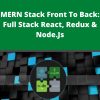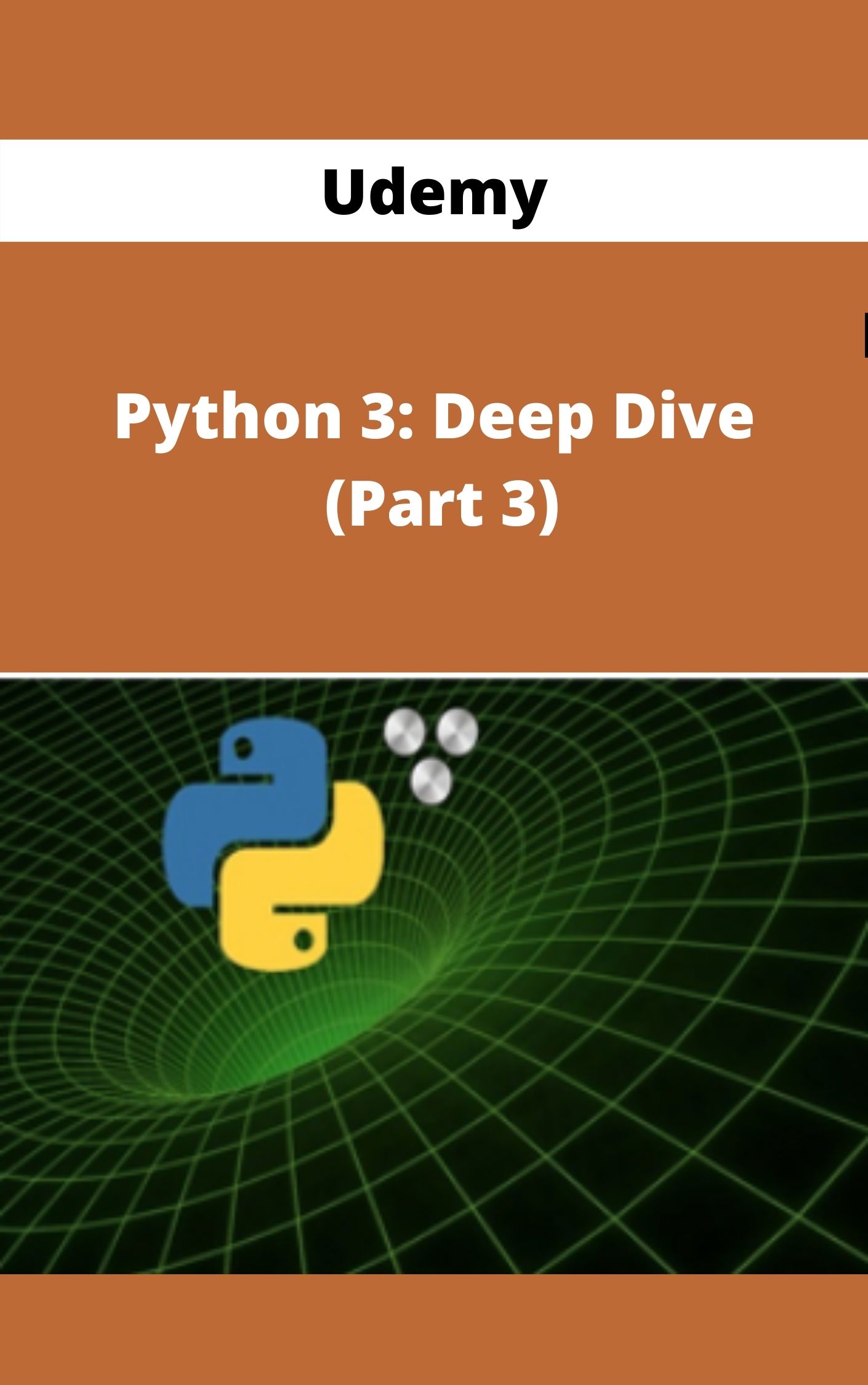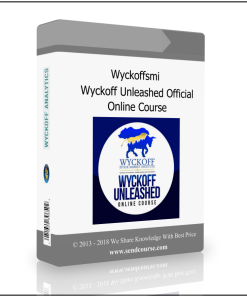Udemy – Python 3: Deep Dive (Part 3) –
$149.00 Original price was: $149.00.$11.00Current price is: $11.00.
Udemy – Python 3: Deep Dive (Part 3) – Available Now !!!
Sale Page : udemy.com
Value: 149
You just pay: 11
Status: This item is available
Description:
What you’ll learn
- Associative Arrays
-
Hash Tables and Hash Functions
-
Python’s implementation of hash tables
- Dictionaries and Sets
- Defining hash functions for our custom classes and why that is useful
- Creating customized dictionaries using the UserDict class
- defaultdict
- OrderedDict and Python3.6+ equivalences
- Counter (multi-sets)
- ChainMap
- Serialization and Deserialization
- JSON serialization/deserialization
- Intro to JSONSchema, Marshmallow, PyYaml and Serpy 3rd party libraries
Requirements
- This is an advanced course, so a solid Python foundation is necessary
- Jupyter Notebooks
- functional programming (zip, map, sorted, any, all, etc)
- lambdas, closures and decorators
- built-in decorators such as @lru_cache, @singledispatch and @wraps
- iterables, iterators, generators and context managers
- variable scopes and namespaces (globals, locals, etc)
- ability to install 3rd party libraries (e.g. pip install)
Description
This course is an in-depth look at Python dictionaries.
Dictionaries are ubiquitous in Python. Classes are essentially dictionaries, modules are dictionaries, namespaces are dictionaries, sets are dictionaries and many more.
In this course we’ll take an in-depth look at:
- associative arrays and how they can be implemented using hash maps
- hash functions and how we can leverage them for our own custom classes
- Python dictionaries and sets and the various operations we can perform with them
- specialized dictionary structures such as OrderedDict and how it relates to the built-in Python3.6+ dict
- Python’s implementation of multi-sets, the Counter class
- the ChainMap class
- how to create custom dictionaries by inheriting from the UserDict class
- how to serialize and deserialize dictionaries to JSON
- the use of schemas in custom JSON deserialization
- a brief introduction to some useful libraries such as JSONSchema, Marshmallow, PyYaml and Serpy
***** Prerequisites *****
Please note that this is a relatively advanced Python course, and a strong knowledge of some topics in Python is required.
Beyond the basics of Python (loops, conditional statements, exception handling, built-in data types, creating classes, etc), you should also have an in-depth understanding of the following topics:
- functions and functional programming (recursion, *args, **kwargs, zip, map, sorted, any, all, etc)
- lambdas, closures and decorators (including standard decorators such as @singledispatch, @wraps, etc)
- iterables, iterators, generators and context managers
- named tuples
- variable scopes and namespaces (globals, locals, etc)
For this course you will also need to install some 3rd party libraries, so you need to be comfortable with doing this using the tool of your choice (e.g. pip, conda, etc)
Finally, most of the code in this course is illustrated using the freely available Jupyter Notebooks, so you will need that as well.
Who this course is for:
-
Python developers who want a deeper understanding of Python dictionaries and related topics
Please kindly contact us if you need proof of item.
Find out more Forex & Trading Courses >>> At Here.
1 review for Udemy – Python 3: Deep Dive (Part 3) –
| 5 star | 100 | 100% |
| 4 star | 0% | |
| 3 star | 0% | |
| 2 star | 0% | |
| 1 star | 0% |
Sorry, no reviews match your current selections
Q & A
Ask a question
Your question will be answered by a store representative or other customers.
Thank you for the question!
Your question has been received and will be answered soon. Please do not submit the same question again.
Error
An error occurred when saving your question. Please report it to the website administrator. Additional information:
Add an answer
Thank you for the answer!
Your answer has been received and will be published soon. Please do not submit the same answer again.
Error
An error occurred when saving your answer. Please report it to the website administrator. Additional information:
Related products
Forex & Trading
Forex & Trading
Forex & Trading
Forex & Trading
Forex & Trading
Forex & Trading
Forex & Trading
Forex & Trading












Great | Udemy – Python 3: Deep Dive (Part 3) –